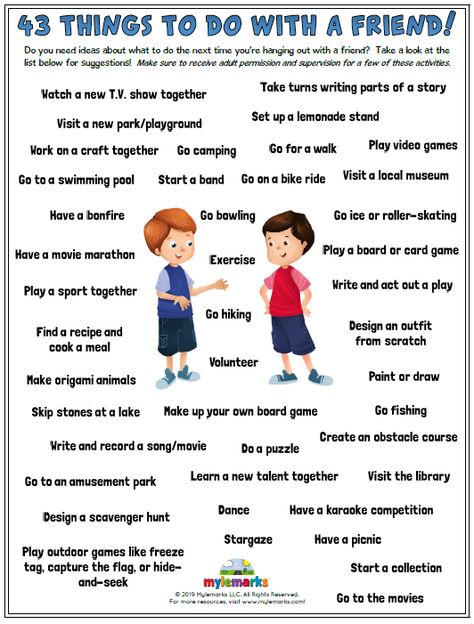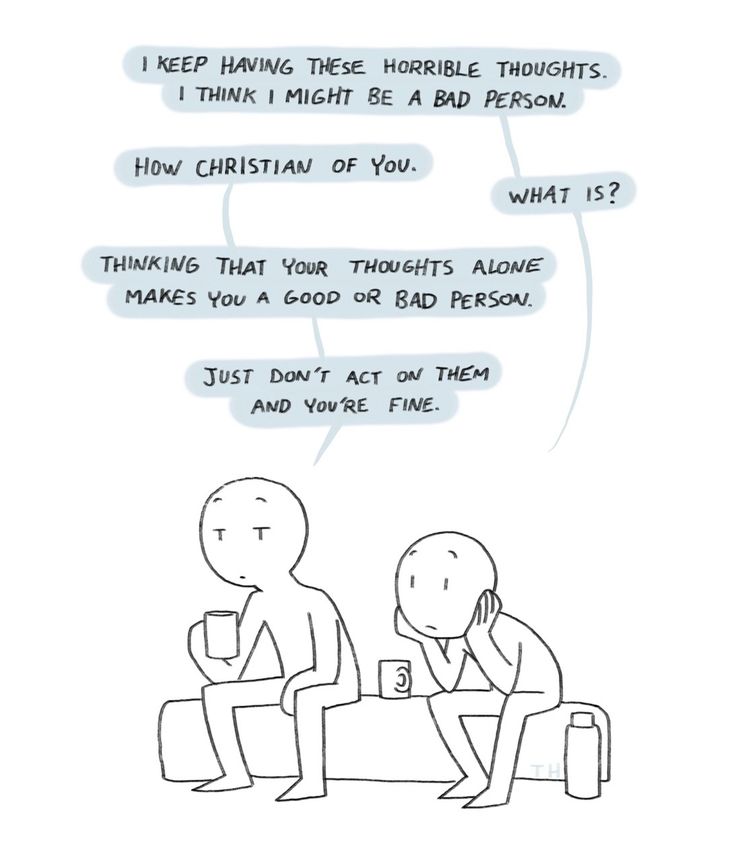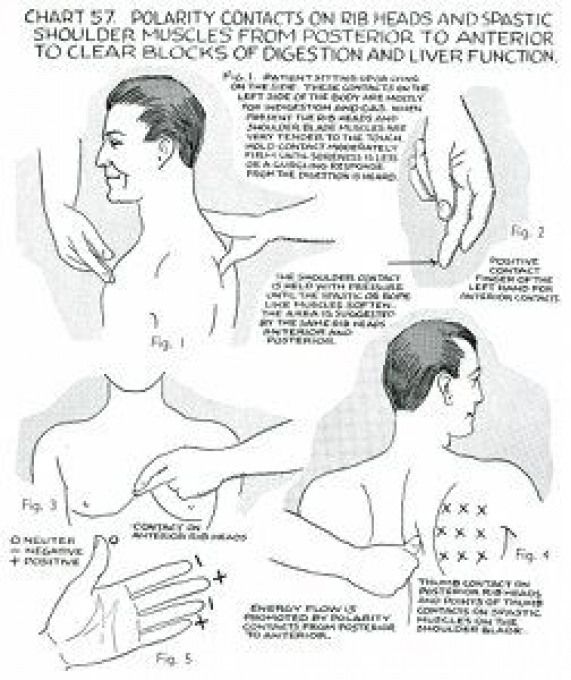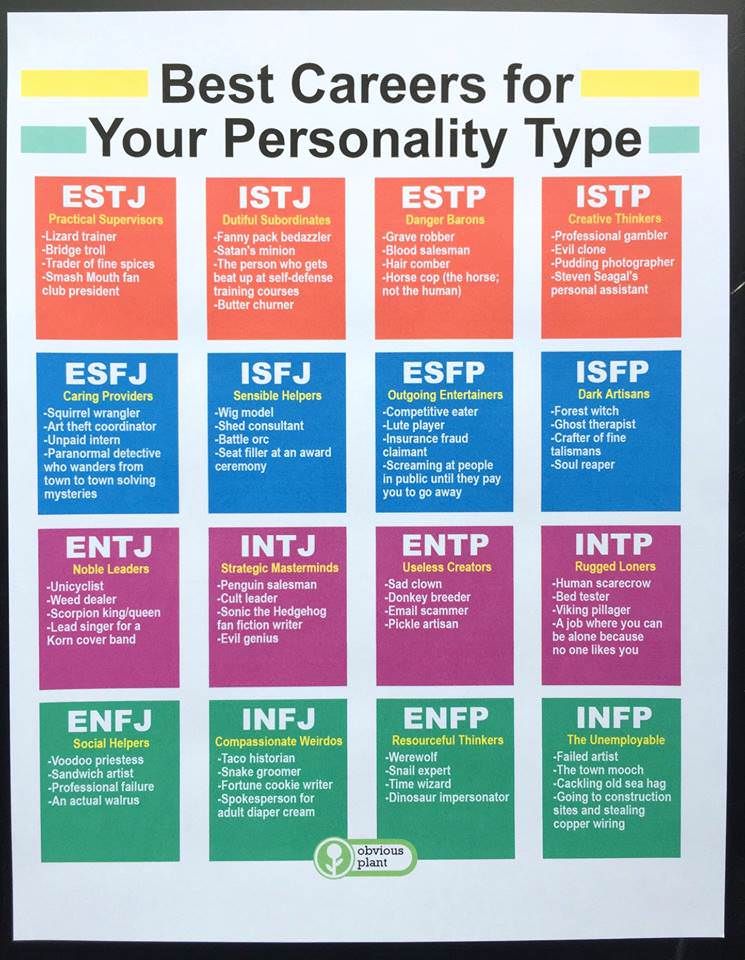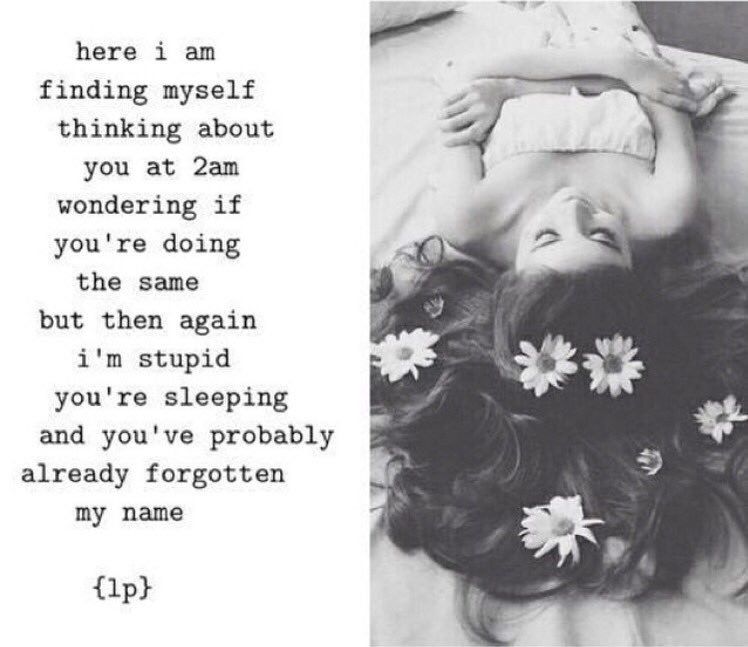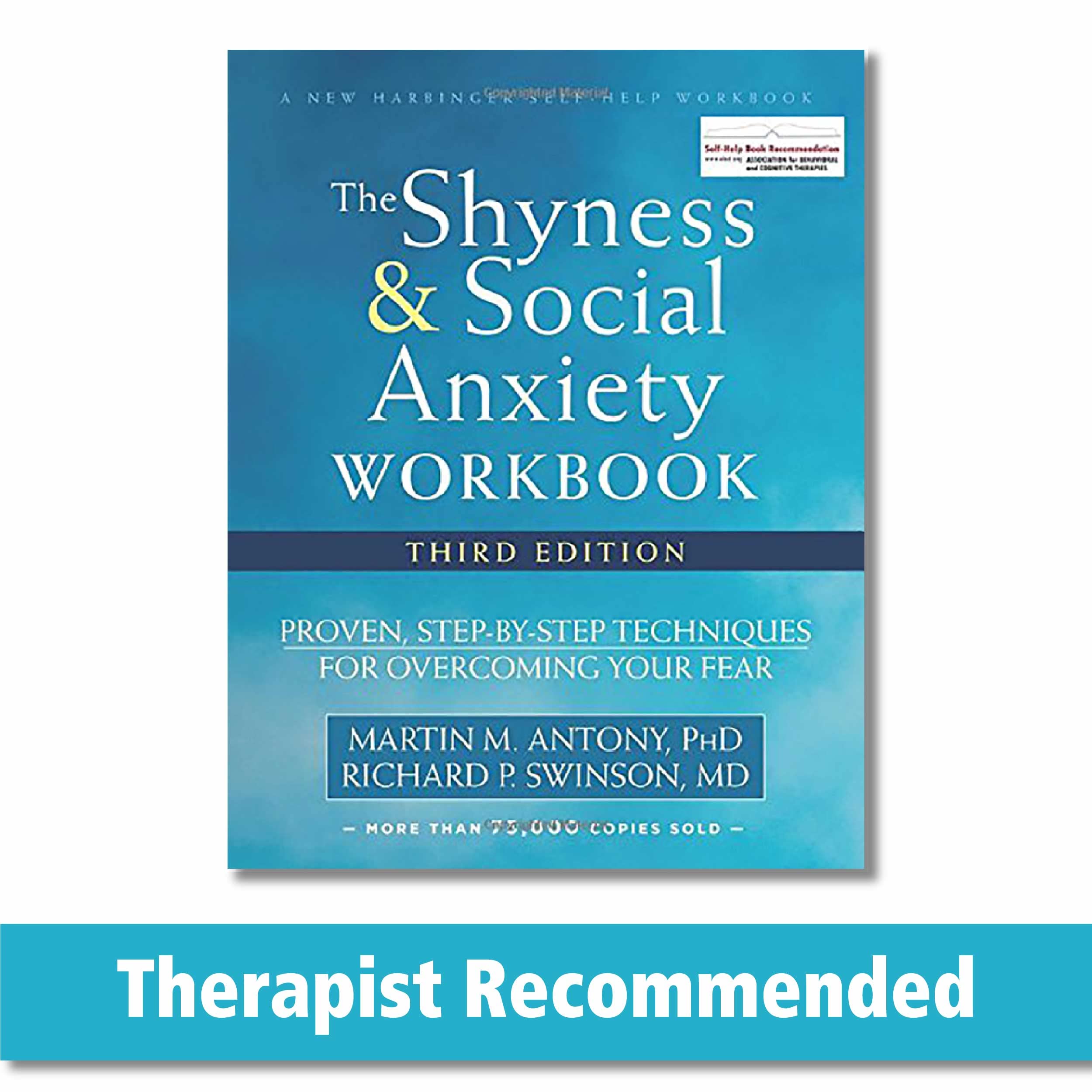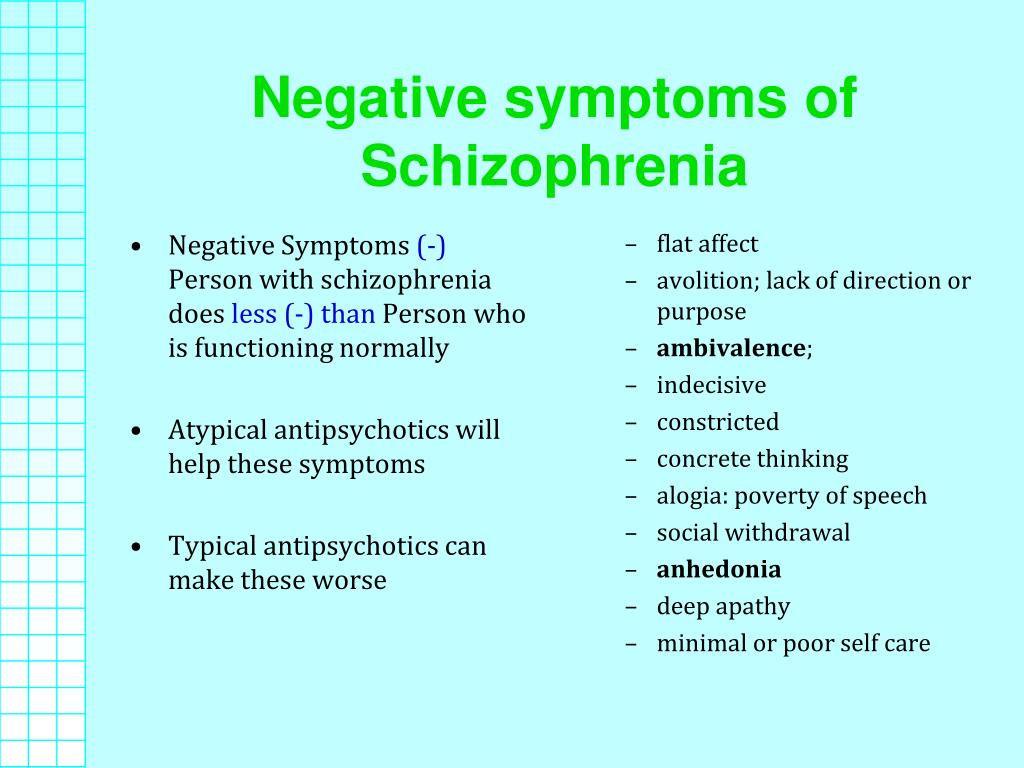Friendship ending letter
Letter from a Friendship Breakup
This is a letter I wrote while journaling my feelings about a friendship breakup:
Dear Friend,
I hope the end of your semester went ok. I wanted to address how we left things. I know that I have cut you off almost completely, and I’ve been on the other side of that, so I know how much it can hurt, and I wanted to explain to you how, for me, taking some space between us is necessary.
Things haven’t been working for me, which is something I have needed to address for awhile, but I felt like I just couldn’t have that conversation. I value loyalty very highly and often feel like I must fix something that’s not working, so in the past, I have held onto relationships that didn’t feel good, simply on principle.
I’m going to try to explain how our relationship has been making me feel now that I’ve had the benefit of time and space away to think. Obviously, this was not a conflict that sprung up suddenly. To summarize it, my need for distance has stemmed from the combination of my habit of not establishing boundaries and the amount that I have changed since you and I first met.
I tried to explain to you exactly what processes I’ve recently gone through, but I don’t think I explained it in full. After I went through a breakup and I struggled through the rest of my already very difficult semester, I knew I needed a total restart. Luckily, it was time for the study abroad trip I had been planning for a year. I’m not sure if you’ve experienced this when you’ve traveled, or if it’s unique to a longer study abroad experience, but I got that complete reset. To say I discovered something about myself is cliched and not quite the right way to put it. A better way to say it might be that I discovered something about positive solitude. Through all my long solo walks I took around the city, and the feeling of having been dropped somewhere I didn’t belong to, I really felt like an outsider, but in a way more exploratory than negative.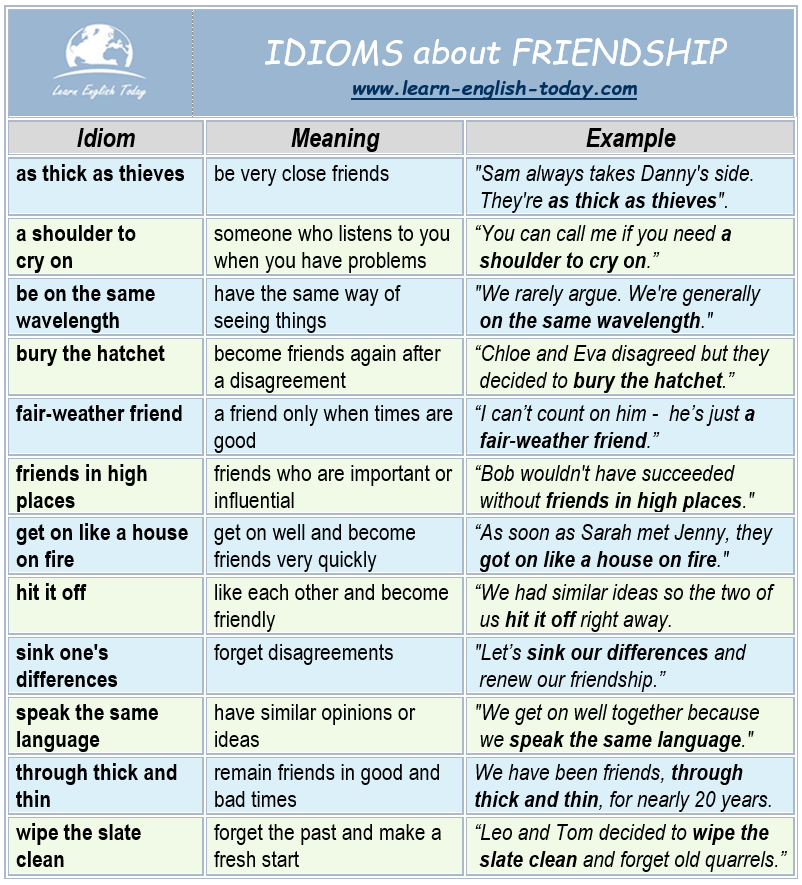
I think that, before going abroad, I generally considered being alone negative, and tried to run away from it. Since middle school, I’ve valued myself largely on a scale of how much I can help others or stand up for them when no one else will. Middle school me was heartbroken at being pushed out of the social group she’d never had to fight for membership in before, and in response she developed a strict moral code that pulled me down for years, even through college.
I think my time in Spain shook me free. By being able to embrace aloneness, as it truly is, neither positive nor negative, just a fact that everyone must experience at some point, I can actually rebuild my relationships with other people. I can finally do what’s best for my own happiness, without feeling the need to fight for relationships that aren’t working when that act of fighting is hurting me.
But of course, my semester abroad was cut short, turning into a pandemic spring.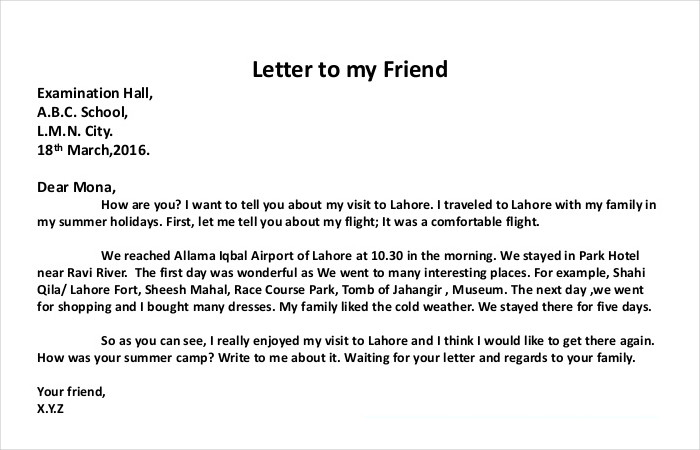 My evacuation out of the capital was terrifying, and because, according to my therapist, I may have experienced shock during the evacuation, I struggled with nightmares, increased anxiety, and lack of focus for a month. I came home with the realization that everything was changing, for an indefinite amount of time, so I felt very afraid. I put on a brave face, feeling like I had to, which made everything worse, because I was scared to acknowledge how anxious I was. I let myself lose touch with people I normally love to hang out with every time I’m home. I was not ready to return to college for the first half of the semester, because I was scared of the uncertainty, of getting sent home all over again. This wasn’t something that I’ve been able to easily explain to anyone.
My evacuation out of the capital was terrifying, and because, according to my therapist, I may have experienced shock during the evacuation, I struggled with nightmares, increased anxiety, and lack of focus for a month. I came home with the realization that everything was changing, for an indefinite amount of time, so I felt very afraid. I put on a brave face, feeling like I had to, which made everything worse, because I was scared to acknowledge how anxious I was. I let myself lose touch with people I normally love to hang out with every time I’m home. I was not ready to return to college for the first half of the semester, because I was scared of the uncertainty, of getting sent home all over again. This wasn’t something that I’ve been able to easily explain to anyone.
I honestly don’t know how I managed to overcome this, I guess I just realized I couldn’t stay at home forever, and that I really didn’t want to. So I came back to school much more grateful for the things I had, and with my schedule and priorities necessarily simplified. That’s why I didn’t really care about people complaining about situations on the team. It’s part of why I’m putting a lot of effort into spending time with some of my other friends who I want to be closer with. You have told me that you get jealous, but this is not something I’ll apologize for, sacrifice, or put aside any longer. If I can’t have multiple best friends, things between us just aren’t going to work. I’ve never been best friends with just one person, and it’s not something I ever intend to start doing.
So I came back to school much more grateful for the things I had, and with my schedule and priorities necessarily simplified. That’s why I didn’t really care about people complaining about situations on the team. It’s part of why I’m putting a lot of effort into spending time with some of my other friends who I want to be closer with. You have told me that you get jealous, but this is not something I’ll apologize for, sacrifice, or put aside any longer. If I can’t have multiple best friends, things between us just aren’t going to work. I’ve never been best friends with just one person, and it’s not something I ever intend to start doing.
To try to summarize and wrap up my letter: I’m sorry for how things ended up with us this semester. I wish I had been patient enough to talk it out and tell you I needed you to rely on me less for emotional burdens and needs, for you to be more independent, and that I needed to be able to spend time with other friends if I wanted.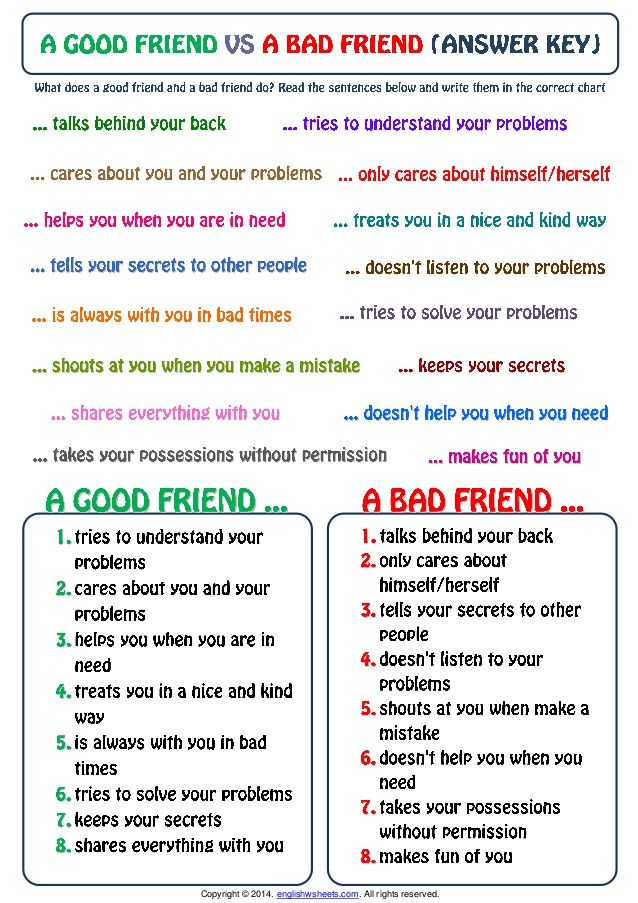 I have grown in incredible ways since we first met, and I know now that the role I was serving for you all this time was not healthy for either of us. I love being your friend, and I hope we can be friends again. But I can’t be anything else—not your therapist, your emotional rock, or your roommate. I hope this letter at least helps you have an explanation of what happened between us.
I have grown in incredible ways since we first met, and I know now that the role I was serving for you all this time was not healthy for either of us. I love being your friend, and I hope we can be friends again. But I can’t be anything else—not your therapist, your emotional rock, or your roommate. I hope this letter at least helps you have an explanation of what happened between us.
Best wishes,
SageBriar11
Have you ever ended a friendship, or have experienced a friendship breakup? What happened, and how did it affect you? What would you have done differently? If you want to talk about your experiences in more detail, you can do so on our forum about friendships here!
How To End A Friendship Without Hurting Their Feelings
Starting a friendship is easy, but things get tricky when ending it. In such a scenario, how to end a friendship becomes a million-dollar question, and knowing the answer can make all the change in the world.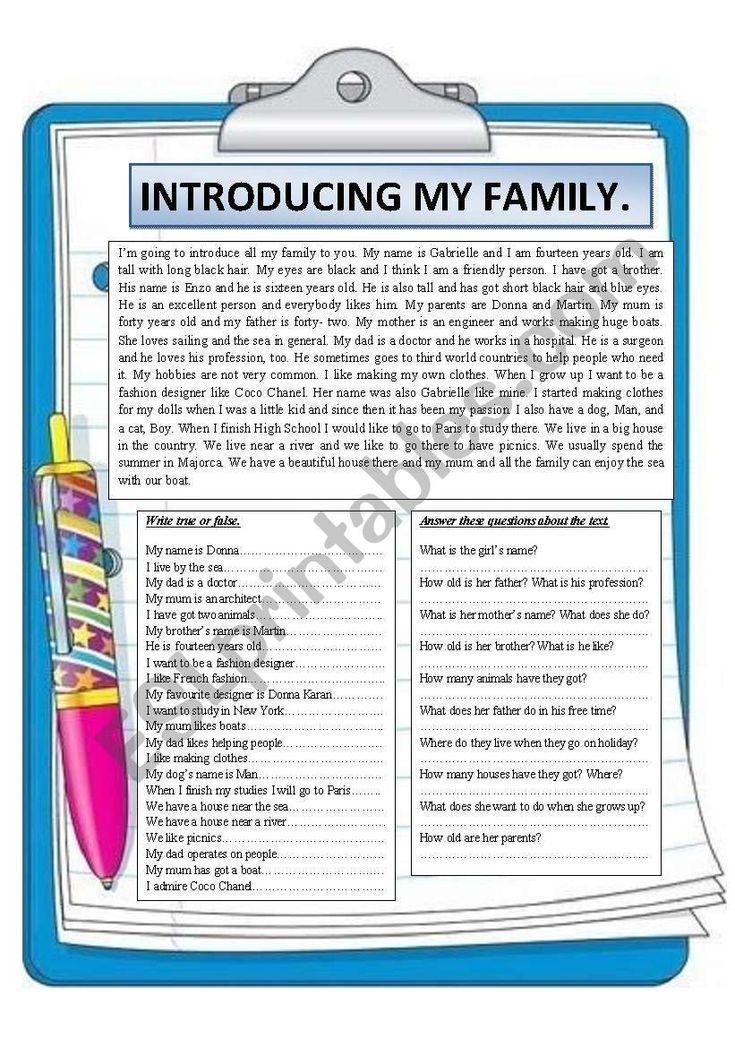 Friendship is a beautiful bond that brings two different individuals to a close. However, if a friendship makes you uncomfortable and only brings unpleasant moments, you gradually distance yourself and end it. Sometimes, you may even find yourself stuck in a toxic friendship. But, Don’t worry. Read this article for tips on how to break a friendship respectfully without hurting your soon-to-be ex-friend more than needed. Continue reading.
Friendship is a beautiful bond that brings two different individuals to a close. However, if a friendship makes you uncomfortable and only brings unpleasant moments, you gradually distance yourself and end it. Sometimes, you may even find yourself stuck in a toxic friendship. But, Don’t worry. Read this article for tips on how to break a friendship respectfully without hurting your soon-to-be ex-friend more than needed. Continue reading.
In This Article
Reasons For Ending A Friendship
Image: Shutterstock
Our life is marked by encounters: fleeting encounters, superficial friendships, but also sincere and deep friendships, even childhood friendships. These are built on an unconscious pact of mutual aid, support, benevolent listening, sharing of values and are built on shared interests and affinities. If this pact can last over time, it can also be broken because human nature is to evolve, to reinvent itself. Life brings to everyone certain understandings of the world, and these can come to diverge.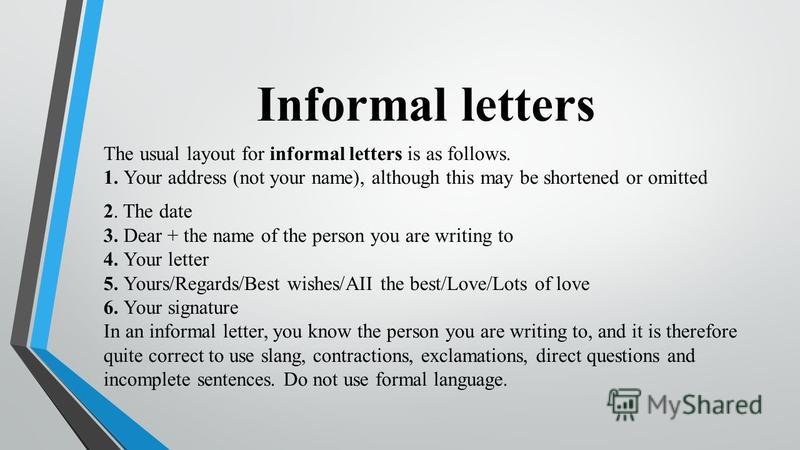 If a friend’s company becomes more of a burden than a resource, then the issue of separation may arise. A friendship must, by definition, be a resource, support in our lives. But if it becomes toxic, it is better to let it go. It should be ensured that the differences are profound. A friend may have a difficult time and need our presence all the more.
If a friend’s company becomes more of a burden than a resource, then the issue of separation may arise. A friendship must, by definition, be a resource, support in our lives. But if it becomes toxic, it is better to let it go. It should be ensured that the differences are profound. A friend may have a difficult time and need our presence all the more.
Or on the contrary, they might need a little space for a while before coming back better. But suppose this situation has been going on for a while, and it becomes overwhelming. In that case, a decision must be made, and this article will help you know how to end a toxic friendship gracefully and attain mental peace thereafter.
How To Know When To End A Friendship
Image: Shutterstock
Here are five signs to look for when you’re wondering how to end a friendship on good terms:
- Friendship is all about love. A lack of this love can be felt if you do not see the person for a certain period. If you haven’t seen your friend in months, but it doesn’t matter to you, it’s high time to ask yourself what your friendship is.

- If you prefer to spend time with other people, the bonds you share with your friend are loosening. This should not make you feel guilty; it is normal, depending on the development of each person, to take different life paths. It’s better than maintaining a dummy link for a whole bunch of (wrong) reasons.
- Do you have the feeling that your friend is laughing at your stories and your life? Conversely, when this friend talks about themselves all the time, does it annoy you? It is because the bond is not as good as it used to be and that it is necessary to either discuss it, find new impetus, or end this relationship which no longer brings anything positive.
- If you often argue with your friend, then you gotta rethink the friendship. While we can bicker over small matters, repeated arguments reveal a deep unease that only a big discussion could bring to light.
Quick Tip
Honesty is a crucial aspect of any relationship. If your friend constantly lies to you and you can’t trust them anymore, you might want to reevaluate your bond.
If your friend constantly lies to you and you can’t trust them anymore, you might want to reevaluate your bond.
How To End A Friendship Without Hurting Feelings
Analyze the situation. Friendships have their ups and downs. As in any relationship, the key remains communication. Even after many efforts, if nothing changes, then gradually distance yourself. Here are some tips on how to slowly end a friendship over a text or letter.
Image: Shutterstock
How To End A Toxic Friendship Over Text
Toxic people have a hard time giving up, and your friend is likely trying to get you to come back to them. To make it clear to this friend that you are serious and do not want them to contact you again, ignore their calls, texts, and emails. Also, remember to block their number. Even if the person has hurt you a lot in the past by being unnecessarily aggressive, the situation would quickly escalate into an argument. Try to be clear without being insulting.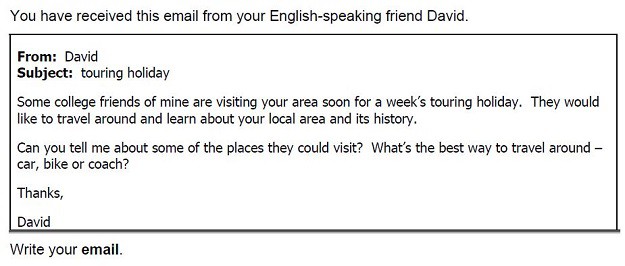
Related: Real Friends Vs. Fake Friends: 21 Things To Watch Out For
Express your feelings and expectations as firmly as possible.
Say, for example,
- “I want you to understand that I don’t want to have any contact with you for a while.”
- “I don’t want to see you anymore. Please don’t try to contact me.”
- “I don’t feel like our relationship is helping me. You matter to me, but it’s getting difficult for me to continue our relationship. I think the best would be to go separate ways.”
Image: Shutterstock
How To End A Friendship Over Letter
Image: Shutterstock
Explain to the person that you don’t end your friendship for no reason. Be polite and speak confidently. Your friend should clearly understand the reason for your decision. If you need to end a friendship, do so, but think about the situation anyway. Talk about important events. There may have been times when your friendship was strained, which got you to this point. To justify your reasons for leaving, you might want to briefly summarize the events where your friend made you uncomfortable and gave you a reason to end this friendship. This will prove that your points are valid and that you are not just blaming your friend without any evidence to support your point. For example: “There were several times at XYZ’s party that you made fun of me even though I told you to stop.” While remembering events, it can be easy to lose control of your emotions, but be sure to stay focused and keep your letter on the topic. Reread the letter. After you’ve written it, go over it carefully to ensure you haven’t made any mistakes. Make sure you state your points clearly and say all the words you want to your friend. Once you are happy with the letter, seal it in an envelope before sending it or giving it to your friend. Writing a hurtful letter to your friend in a fit of anger or grief may make you regret it later, so it’s best to assess the situation while you’re calm.
To justify your reasons for leaving, you might want to briefly summarize the events where your friend made you uncomfortable and gave you a reason to end this friendship. This will prove that your points are valid and that you are not just blaming your friend without any evidence to support your point. For example: “There were several times at XYZ’s party that you made fun of me even though I told you to stop.” While remembering events, it can be easy to lose control of your emotions, but be sure to stay focused and keep your letter on the topic. Reread the letter. After you’ve written it, go over it carefully to ensure you haven’t made any mistakes. Make sure you state your points clearly and say all the words you want to your friend. Once you are happy with the letter, seal it in an envelope before sending it or giving it to your friend. Writing a hurtful letter to your friend in a fit of anger or grief may make you regret it later, so it’s best to assess the situation while you’re calm.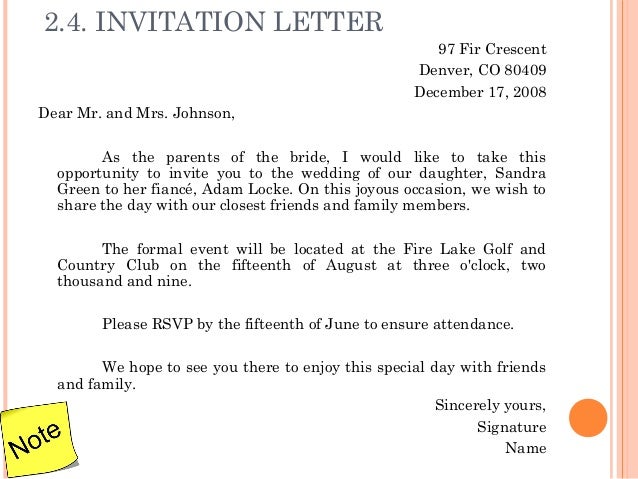
Quick Tip
Writing a letter is best when you want to avoid confrontation. Instead of blaming, make it about your feelings, and maintain a neutral tone.
How To Cope With A Friendship That Is Ending
Try the following steps:
Be the acceptor: When you have known a person intimately for months or years, not having them in your life overnight can be disruptive. First of all, you have to learn acceptance. Accept that the pages have turned, and you may not see that person again for a long time.
Question yourself: There is never more than one “culprit” when a bond breaks. Everyone, in their way, was able to participate in the rupture or the disappointment. Therefore, you must identify what your responsibility is in this disappointment to prevent yourself from reproducing any relational errors in the future. Finally forgive yourself, so that you don’t carry all the guilt on your shoulders.
Express what you feel: Nathalie Maggio, LMFT, says, “It can be helpful to understand that ending a friendship, no matter how unhealthy it was, may bring up a lot of mixed feelings. It is common to feel grief when parting ways with a former friend which does not mean it was the wrong decision to end the friendship. Be kind with yourself and any feelings that are coming up. Seek support from loved ones or a professional if needed. It may also be helpful to focus on the lessons you learned from this friendship.”
Heading for change: Life changes, and so do people. Going forward and accepting that the other does the same is part of the remission following a friendly break-up.
Change one’s mind: Nothing like seeing other people who have nothing to do with the friend in question to change your mind and stop ruminating on your disappointment. Spill the sass by going solo!
Related: 10 Signs Your Friend Doesn’t Respect You & How To Deal With It
Apologize.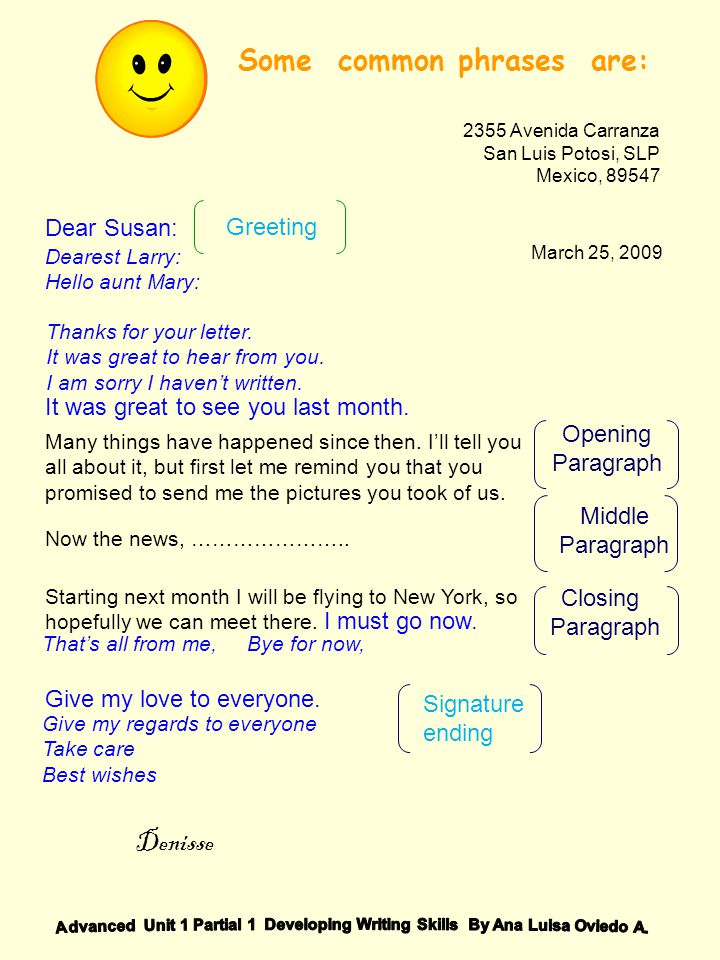 If you’ve made negative contributions to your friendship, it may be wise to acknowledge any significant mistakes. Make it clear that you accept responsibility for these incidents. That way, your friend won’t feel like you’re trying to blame them. You should also add that you regret having come to the point where you are severing ties. It can remind your friend that you care but don’t want to be with them. All these tips and ideas on how to end a bad friendship will help you get over it and support you to end the toxicity.
If you’ve made negative contributions to your friendship, it may be wise to acknowledge any significant mistakes. Make it clear that you accept responsibility for these incidents. That way, your friend won’t feel like you’re trying to blame them. You should also add that you regret having come to the point where you are severing ties. It can remind your friend that you care but don’t want to be with them. All these tips and ideas on how to end a bad friendship will help you get over it and support you to end the toxicity.
Related: One-Sided Friendship: 6 Signs And How To End It
No individual wishes to lose their friend, but at times it becomes inevitable to free yourself from the shackles of a toxic friendship. However, ending your friendship without hurting the other person is a great idea as they have been your friend till now. Instead of throwing words and getting into an argument, cut all communication channels with them or make it clear through a text that you no longer want them to contact you.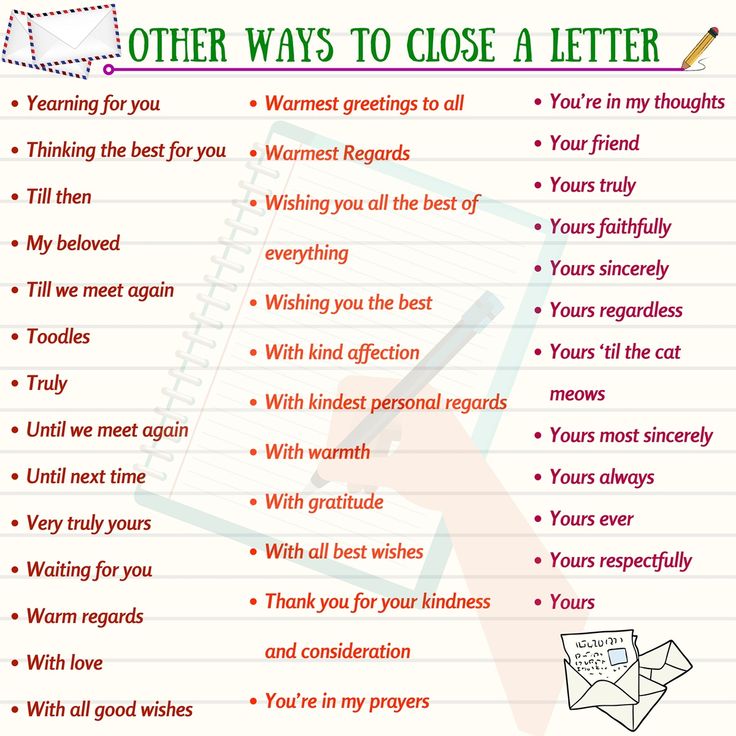 Alternatively, write a letter pouring out your feelings and maintain a convincing tone to explain why you are parting ways with them. This way, your friend will most likely understand your feelings and stay away from you.
Alternatively, write a letter pouring out your feelings and maintain a convincing tone to explain why you are parting ways with them. This way, your friend will most likely understand your feelings and stay away from you.
Frequently Asked Questions
What is a toxic friend like?
Toxic friends always look for faults in you and make you feel bad. They demand attention, try to take control of you, and also make you feel guilty.
What are the red flags in a friendship?
If you feel drained when you are with your friends, your friends constantly devalue/ignore your problems, or they don’t respect your boundaries, you can consider these as red flags in your friendship.
How do you know if a friend is playing you?
You can know if a friend is playing you if they only talk to you when they are in need, make endless comparisons, or constantly put you down.
Are friendships one-sided?
Yes, some of them. Some unhealthy friendships may turn one-sided. Here, the conversation between you guys only revolves around them. They make you feel guilty or drain your energy.
Here, the conversation between you guys only revolves around them. They make you feel guilty or drain your energy.
How do you know if someone doesn’t want to be your friend?
You can know if someone doesn’t want to be your friend if they don’t respond to your messages, do not seem interested in your personal life, or regularly cancel plans with you.
Key Takeaways
- Ending a toxic friendship is quite tricky, but ending it could be a wise decision if you feel stuck and want to make room for healthier bonds.
- Analyze the situation and distance yourself. You can end it over a text, letter, or call, but do not insult the other party.
- Try to acknowledge your mistakes and do not blame your friend. Be accountable if you have made negative contributions to your friendship.
The following two tabs change content below.
- Reviewer
- Author
3 stories about the end of friendship because of the wedding
Any agreement can be broken, such is life.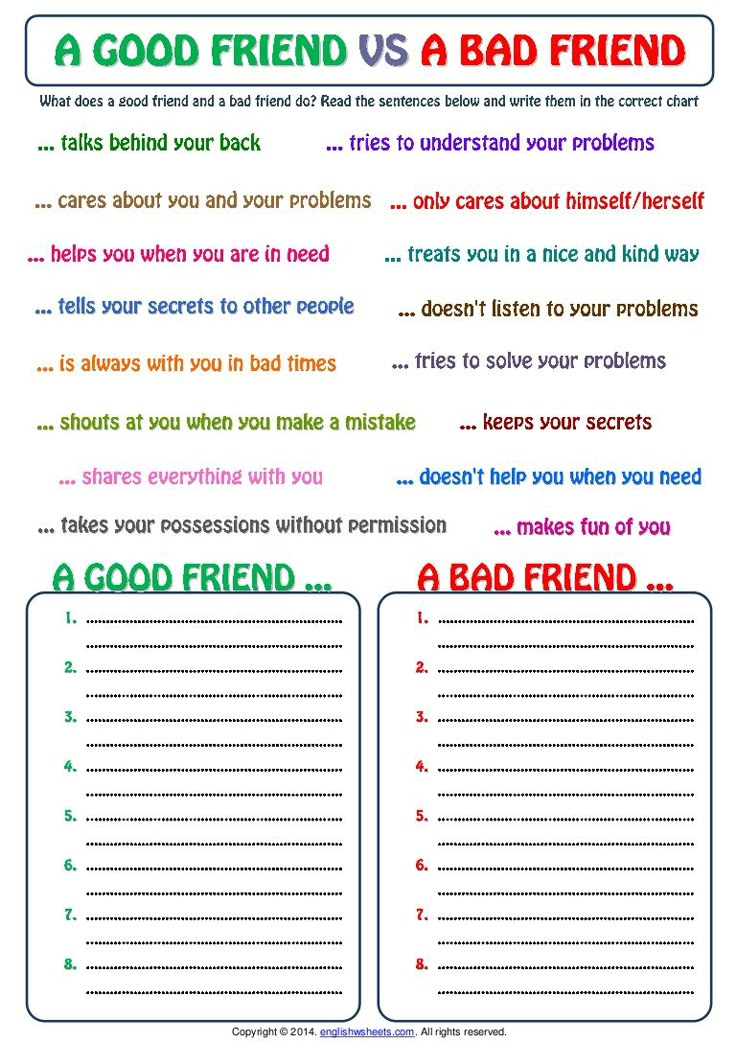 But there is one area in which this looks especially insulting: when you are invited to be a witness and help organize a wedding, and then for some reason they refuse. Here are three different stories, when nothing seemed to happen, but the sediment remained.
But there is one area in which this looks especially insulting: when you are invited to be a witness and help organize a wedding, and then for some reason they refuse. Here are three different stories, when nothing seemed to happen, but the sediment remained.
Tags:
Family
Wedding
Female friendship
stories of our readers
GettyImages
1. Divorced - stay at home!
Do not self-medicate! In our articles, we collect the latest scientific data and the opinions of authoritative health experts. But remember: only a doctor can diagnose and prescribe treatment.
“Liza and I have been inseparable since childhood, our parents were friends even before we were born. I got married at 18, she was my witness, and two years later she called me to do the same honor to her.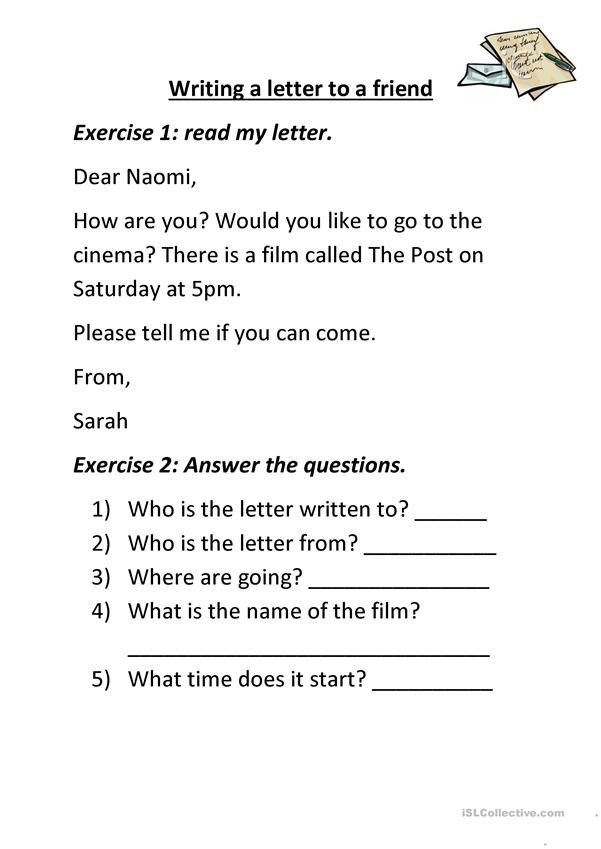
But it turned out that I decided to get a divorce and told her about it in the middle of wedding shopping. A week later, she called me and said she didn't want to see me at the wedding. Say, I do not believe in the strength of marriage bonds. I was shocked, I did not expect this from her! She is not a religious person at all, and the phrase about the sanctity of marriage sounded like I was a terrible friend who started a divorce at the wrong time. By the way, I needed support, but from her there was not only sympathy - they even kicked me out of the wedding! She has replaced me with some new friends who are not as important to her as I was.
Of course, I didn't go to the wedding, although other family members did, she had been friends with them for a long time. For the next five years, we did not communicate, although we lived nearby. When she got pregnant, I wrote her a letter. She answered quickly. Relations have more or less improved, but we see each other once a year, ”- Marina.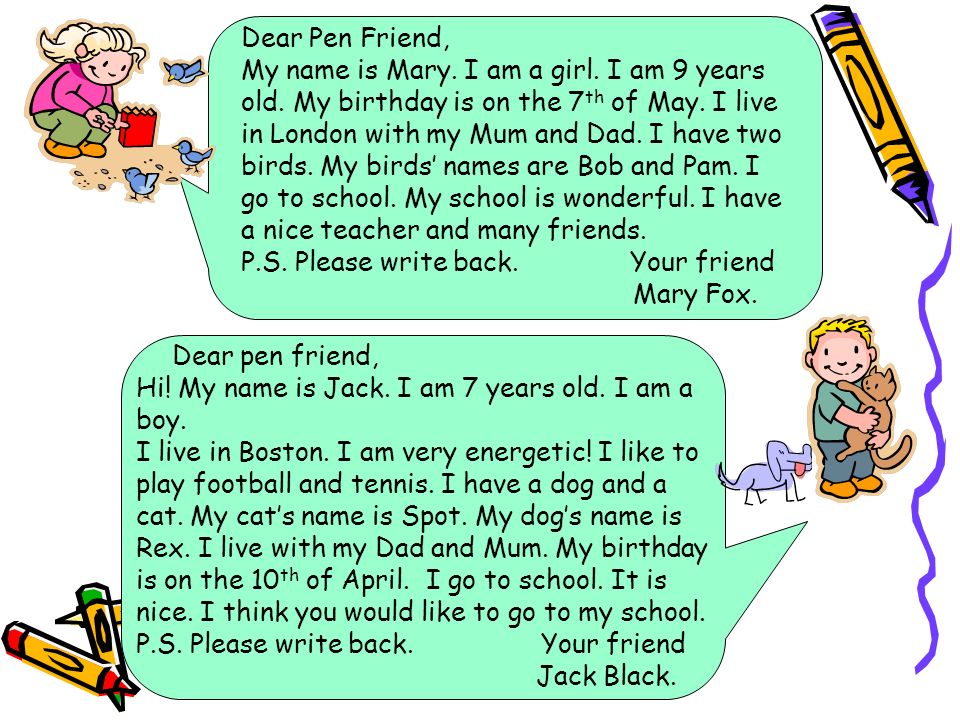
ADVERTISING - CONTINUED BELOW
2. A child as a hindrance
“Vera and I met when we entered the university and found ourselves in the same room. We became fast friends and did everything together. After graduation, they went to different cities, but continued to communicate.
A year later, she announced that she was getting married. I was very happy for her and gladly accepted the invitation to become a bridesmaid. At that moment, I found myself in a difficult financial situation, and she offered to pay for the tickets.
Two months before my bachelorette party, I ended up in the hospital due to stress at work and found out I was pregnant. It was a shock! But my husband and I decided that we could afford it.
The next day I called her and told her about my nervous breakdown. She replied that it happened to her too. I did not tell about the pregnancy, and she suddenly asked not to have a child before the wedding, so that nothing would prevent me from being present.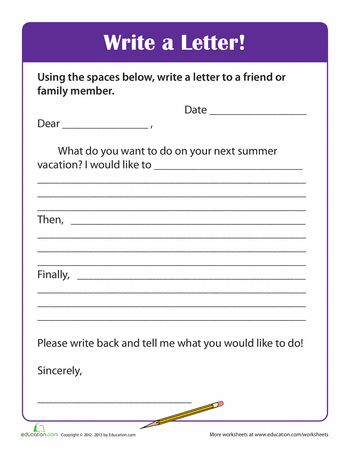
For several days, I worked up the courage to confess. She asked me if we planned it. I replied that it was a surprise. And she specified how I was going to fit into the dress! I said that it can be expanded. “But how will you enjoy a bachelorette party if you don’t drink?” she asked sarcastically. My heart sank, we said goodbye on this strange note.
At the next appointment, the doctor asked me not to go anywhere. I received a certificate about this and called Vera to confess. She, of course, was annoyed, because she had already paid for my ticket! I said that I could not put the child at risk, and she replied: “How convenient!” And she wrote me a long letter asking me not to come. I replied that I would not come, and sobbed in the toilet at work for half a day.
A month later I lost my baby. I went to a psychotherapist and told about everything: stress, miscarriage, loss of a girlfriend. She suggested going on vacation to rest, and my husband and I planned it.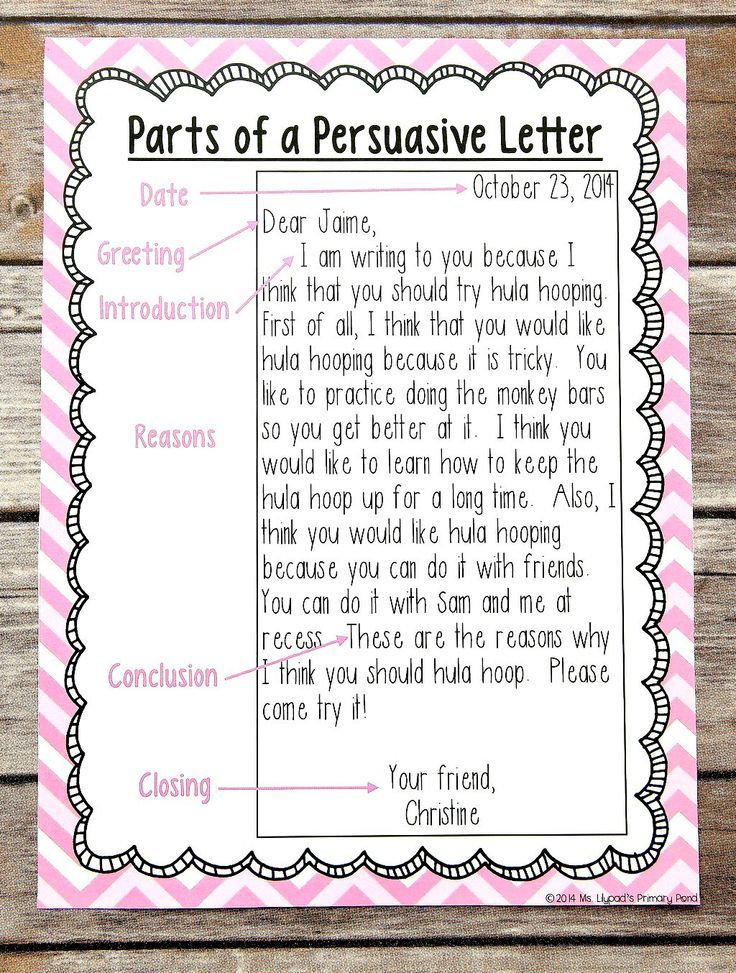
A week before leaving, Vera wrote me a letter saying that if I did not give her the money for those tickets, she would sue. And I just changed jobs and could return the money to her only after the vacation. So I wrote to her about everything, including the high costs of therapy. I thought that we would agree, but she replied that she did not care. She decided that I lied about the pregnancy so as not to go to her place, that vacation was the most important thing for me and that I was no longer her friend.
I realized that arguing with her would lead nowhere. I replied that I understand her pre-wedding stress and I will not act like her. She said that I would pay for the tickets as soon as possible and I didn’t want to talk anymore. On that they decided. I never heard anything more about her,” Svetlana.
3. Unemployed not before marriage
“Olya, Rita and I started working together in a small company about two years ago and became fast friends.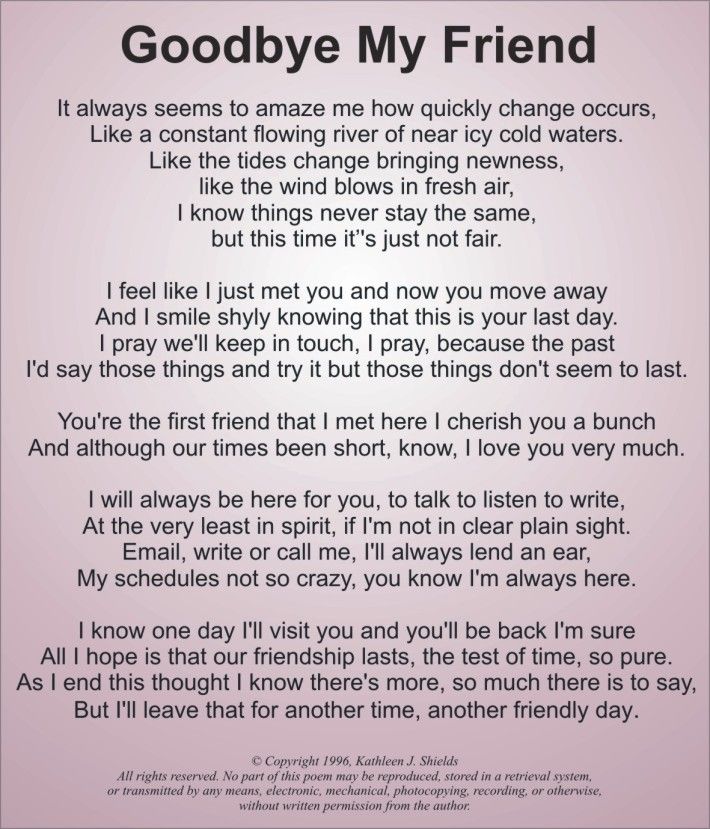 A year later Olya asked us to be bridesmaids. We were delighted, bought dresses and looked for tickets, when suddenly I was fired.
A year later Olya asked us to be bridesmaids. We were delighted, bought dresses and looked for tickets, when suddenly I was fired.
I didn't confess to anyone, but I hoped that if they didn't see me on Monday, they would call and ask what was the matter. They didn't call. The message in the group chat was also not answered. I was very upset and wrote to Olya whether to return the dress. She replied in a long letter that she had thought about the situation for a long time and that it would be better for everyone.
The dress was not accepted in the store, it was on sale. I sent Olya a gift out of courtesy, hoping that she would allow me to come to the wedding. Then I found out that he was not accepted. She didn’t want to talk to me, and I still don’t understand why such a trifle ruined our friendship, ”Veronica.
Letter: "Plus in friendship": evo_lutio — LiveJournal
Plus girls are the kind of brutes who imagine that everyone is drawn to them, even when they spit on them.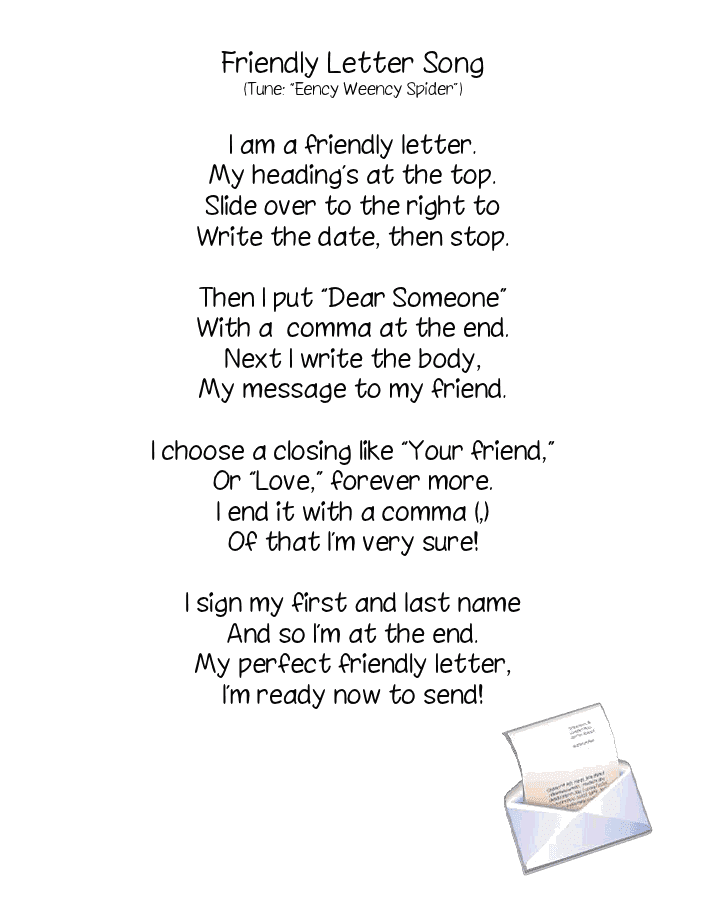
There are also male plus girls. Such men are not only rapans, but also treasures in the crown of equality.
Plus girls gain not only in the resource of love. In any resource, there are girls-pluses.
Here is a letter from a typical plus-girl about friendship.
write_to_evo
Good afternoon, dear Evolution!
I have been reading your blog with great interest and attention for more than a year, I have specially created an account in case I write to you. And in the context of the last posts about plus in relationships, you may find it possible to parse my letter about plus in friendship.
I am 35 years old, and several times in my life I have encountered a plus in friendship from my side. More specifically, because of this, she broke off relations with two good friends in whom there were quite close and good relations and common interests.
But something like this happened: at some point they literally began to hang on to me in search of support and support, for a while I willingly tried to console them, support and help them in any way I could, but then this situation just started to piss me off.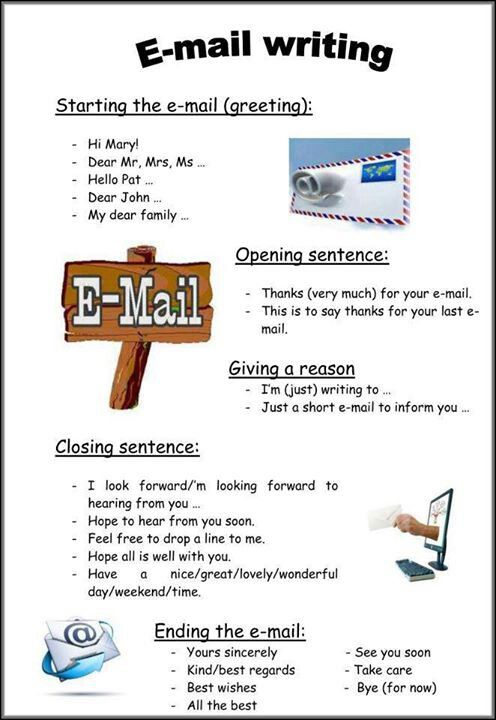
(In love, plus-girls win like this. A man whines all the time, demands attention and care, finds fault and is jealous, asks for better sex and borscht. , since she is like that. The author has the same thing in friendship. At first, her friends use both in the tail and in the mane, she tries her best, but does not cope. And then for years she mourns such "friendship", believing that her friends were in minus, and she is in the plus)
That they are just like me, adult girls, with arms and legs and a head, but I have to run around with them like with small children. And I cut off communication.
(They are the same as her, with the only exception that they themselves do not want to do anything for her, and she is ready for anything for them, just to consider herself their friend)
The first story was a long time ago, more than 10 years ago.
(But the author still can't unstick)
We studied together with this girl at the university, made friends, talked, everything was mutual and good. But in the last year of her studies, it was as if she had gone crazy and just started to panic on the topic: we’ll finish and where we will go to work, they won’t be hired anywhere without connections, we still have to move out of the hostel and pay half the salary for renting housing, what a horror, nothing it won't work, life sucks. Plus, she was from the Caucasus, the topic of getting married was very significant for her, and by their standards she was already almost an old maid. She constantly met with someone, but something did not work out in the relationship, and all the time we discussed the topic that there are no normal guys, that fool, that asshole, that goat. For some time I brought counterarguments, tried to convince me that there would still be, but then I got tired of it. She could call me and tell me for hours about problems with guys and mom.
But in the last year of her studies, it was as if she had gone crazy and just started to panic on the topic: we’ll finish and where we will go to work, they won’t be hired anywhere without connections, we still have to move out of the hostel and pay half the salary for renting housing, what a horror, nothing it won't work, life sucks. Plus, she was from the Caucasus, the topic of getting married was very significant for her, and by their standards she was already almost an old maid. She constantly met with someone, but something did not work out in the relationship, and all the time we discussed the topic that there are no normal guys, that fool, that asshole, that goat. For some time I brought counterarguments, tried to convince me that there would still be, but then I got tired of it. She could call me and tell me for hours about problems with guys and mom.
(What was there at first is not clear, most likely there was also an imbalance, but less. And then the imbalance grew so much that a friend treated the author as a vest on which you can pour your sieve.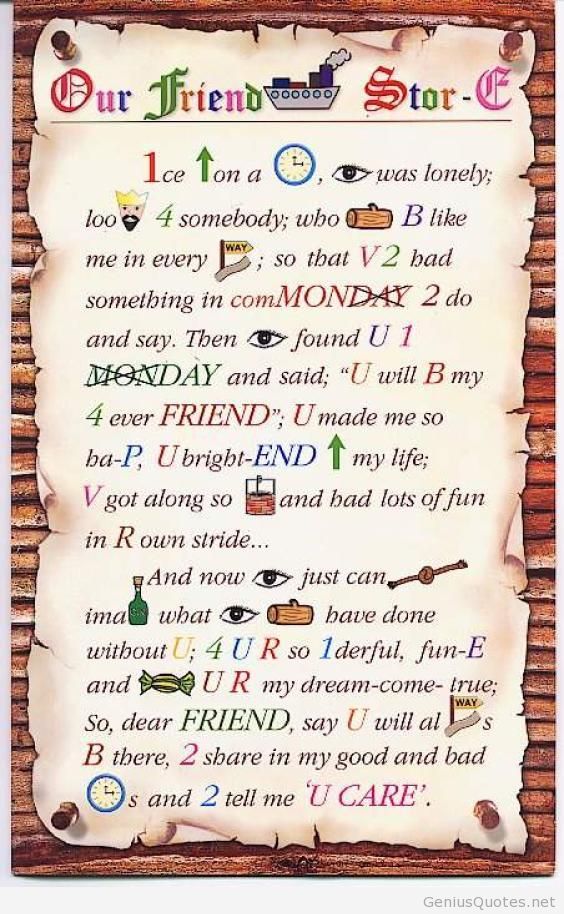 The friend did not pay any attention to the author, did not notice her discontent, was not interested in her, perceived her as an empty place, while the author, under her crown of the Rescuer, imagined her important role in the life of her friend)
The friend did not pay any attention to the author, did not notice her discontent, was not interested in her, perceived her as an empty place, while the author, under her crown of the Rescuer, imagined her important role in the life of her friend)
this negative that after graduation I just stopped talking to her. Stopped picking up the phone and answering messages. I know that she considered me her best friend and that I must have hurt her, but I was already starting to shake when the phone rang and her name flashed.
(My friend did not even try to keep her. She wrote several messages with questions about where her slave disappeared, and then scored. And she had long forgotten about her existence, but our author remembers everything and laments the pain that she caused the poor thing)
The second story is with a friend, with whom we also studied together and were friends since students. We spent a lot of time together outside of school, went everywhere together, had many common interests.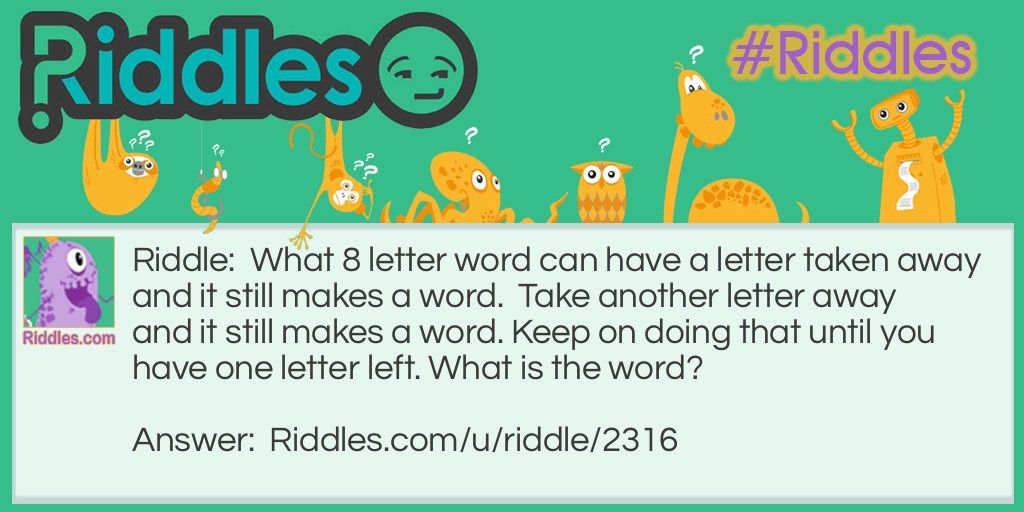
(Navigators always have a lot of common interests with their girlfriends and partners. Only these interests suddenly turn out to be absolutely not interests and are not needed by the other side)
By the end of her studies, she began dating a guy, and it so happened that they did not have a normal relationship and, as I now understand, she fell into an addiction to him. They constantly had gatherings, expenses, hassle, swearing, someone beat someone, insulted. In a short time, she turned from a cheerful person into a drooping shadow. She constantly called me in tears, asking me to talk to her, because she was very ill.
(Maybe a friend really had depression because of unhappy love, or maybe she remembered the author only when she felt bad and wanted to pour out negative things to someone. In any case, the friend was not interested in the author at all. She was interested in her boyfriend But the author for some reason considers himself a plus in a relationship with a friend, although she climbed out of her skin to win back a little influence on her)
I told her that she should break up with him, that nothing good would come of this relationship, that she should go to a psychologist if she couldn’t cope on her own, and she seemed to understand everything and agreed, but nothing changed.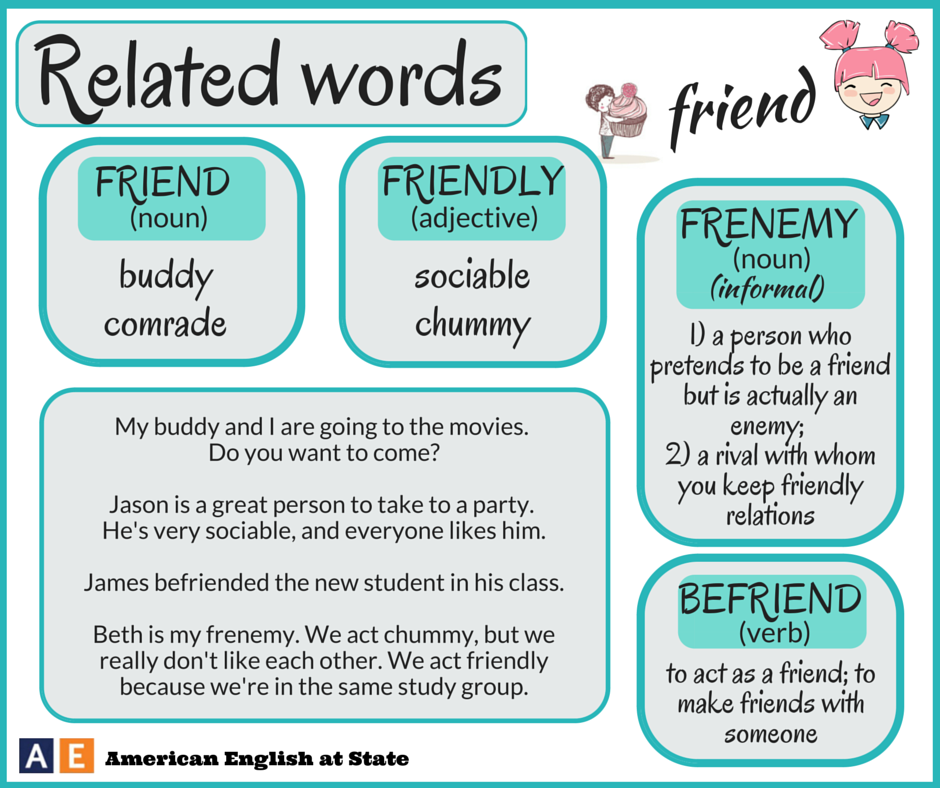
This situation lasted for several years, I sincerely sympathized with her and supported her.
(For several years, the author was a slave to a friend. And at the same time, a slave to a friend’s boyfriend. Such was the food chain. But even now the author cannot realize that she was in this construction at the very bottom. Everything seems to her that she reigned)
Then she ended up in a psychiatric hospital because of all these experiences, went out and broke up with this guy, but still continued to call him and suffer for him. And call me and seek support. By that time, almost everything that used to be common had disappeared from our relationship. We didn't go anywhere or do anything together. We just discussed her problems. And in the end, this role of a psychotherapist imposed on me began to weigh heavily on me.
(It's the same as being with a man for many years in the service zone, washing his house, bringing food, listening to his feelings about other women, being a nanny and nurse, but considering yourself a plus)
In general, at some point I got so tired of her constant whining that I stopped communicating with her.